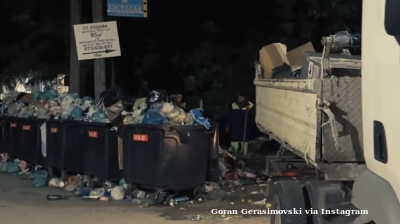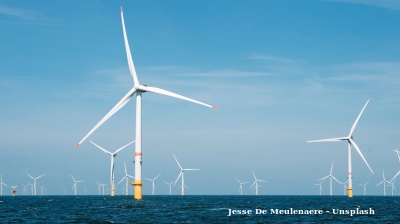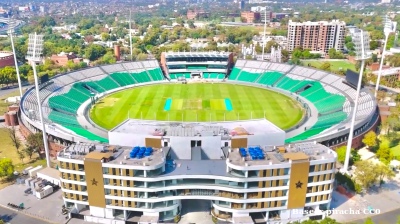Growing water scarcity means that water in Central Asia will one day be more valuable than oil.
The warning, once delivered by Tajik President Emomali Rahmon, was repeated by Tajik analyst Saodat Jurakhonzoda in a Zamin article on what the region should expect in the decades ahead in terms of water and energy, transport, industrial cooperation and social development.
The article was published on May 29, just as Tajikistan began its hosting of the major three-day International Conference on Glacier Preservation, as announced by the World Meteorological Association in a press release.
It also appeared with the debate intensifying in Central Asia over Afghanistan’s increasing claims on water from a crucial river that flows along the southern border of the region, the Amu Darya.
Jurakhonzoda talked of Tajikistan’s five priorities for the future.
He was reported as saying: “These include ensuring food security, achieving energy independence, overcoming communication dead-ends, developing industrialisation, and transforming Tajikistan from an agrarian into an agro-industrial country. We will need to work on all five areas together to improve our overall economic condition.”
He added: “The value of water is increasing around the world. We have raised the issue of water even at the UN. As President Rahmon said, water will one day be more valuable than oil. Of the 14,000 glaciers in the Pamir Mountains of Tajikistan, a thousand have already melted. Is this just our problem? No, it is a regional one. Don’t forget — most rivers in Central Asia originate in Tajik mountains. To secure the future of Central Asia, we must preserve these glaciers.”
An economist from Kazakhstan was, meanwhile, quoted as stating that infrastructure in Central Asia built during the Soviet era was still functioning, but that between 2025 and 2030, it would become completely outdated.
“The Soviet infrastructure is severely outdated. Yes, the Soviet Union has legally collapsed, but its legacy is still alive. Between 2025 and 2030, the infrastructure they built will become entirely obsolete. We feel like we are physically stuck in the post-Soviet space.
“For instance, in Kazakhstan, 70% of the energy infrastructure is outdated. Sadly, despite having rich oil reserves, independent Kazakhstan has not been able to invest in building new energy capacities in time,” said Rakhim Ushakbayev.
The analysts provided their outlooks and opinions as they attended a meeting organised by research centres of Uzbekistan. Their conclusions will be presented to a Consultative Meeting of the Heads of State of Central Asia scheduled for the autumn.
bneGREEN

The Arctic and Antarctica record "off the charts" heat as polar warming accelerates
Parts of both the Arctic and Antarctic have experienced historically high temperatures in recent weeks, with weather stations in East Antarctica recording record-breaking warmth for the month of October, alarming climate scientists.

Giant glacier chunk breaks away in Tajikistan, mountain villages put on alert
Situation serves as reminder that climate crisis threatens to wreak havoc in Central Asian country.

Singapore’s green pivot – headline grabbing but still limited
Forays into offshore wind via regional cooperation with neighbours, and forward-looking bets on hydrogen and low-carbon fuels are making headlines, but the scale required to wean a heavily gas-dependent system off fossil fuels is still daunting.

North Macedonia's Skopje tackles mounting waste and rodent crisis
Locals say the problems in Skopje's Centar municipality worsened during the local election period when political campaigning took precedence over maintenance.




